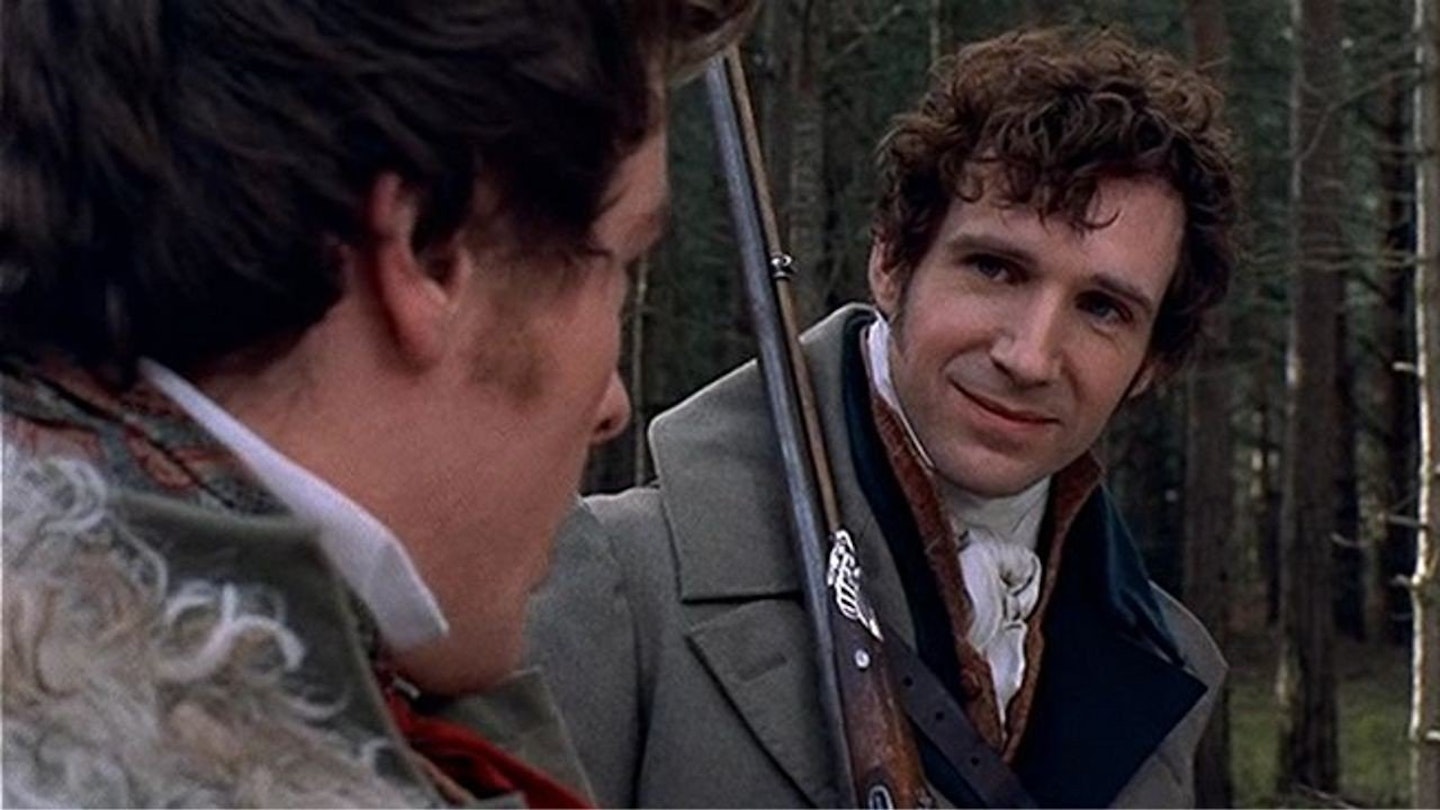Ralph Fiennes returns to period frockumentary with this interpretation of Alexander Puskin's classic verse novel of fated love, gloomy introspection and huge sideburns.
Fiennes' desire to deliver this 170-year-old Russian poem to a wider audience is redolent with admirable populism - more people will get their heads around it by watching a film shot like a vodka ad than by reading the book.
Simple story - Fiennes, who wrote the treatment, storyboarded it and exec produced, describes it as a 'contained chamber piece' (getting sister Martha to direct and brother Magnus to write the music was also pretty contained).
Onegin (Fiennes), a bored aristo, inherits a country estate, befriends local poet Vladimir (Stephens) and his fiancee Olga (Lena Headey), and captures the heart of her kid sister Tatyana (Tyler). Rejecting her love, Onegin ends up retreating to the city. Years later he meets up with Tatyana, now married to a soldier (Martin Donovan), and realises he blew it. The end.
Fiennes was born to play Onegin, with his pinched face and meaningful stares, and carries the drawn-out agony with ease. Casting Tyler was less clever: she's required to do little more than hide behind trees looking bewitching, but looks like an LA rollerblader in fancy dress. The scenery is stunning, from the frozen St. Petersburg locations to the English countryside made to look unyieldingly Russian (think Woody Allen's duel in Love And Death).
If anything, it's all a bit much: echoey rooms, visible breath, artfully-composed long shots - there is a touch of the Ultravox video about Onegin that may endear it to students, but repeatedly distracts from those universal human themes.
